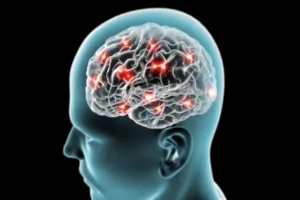
PROMO!
First order? Get 10% OFF with this code: 1storder
Written by
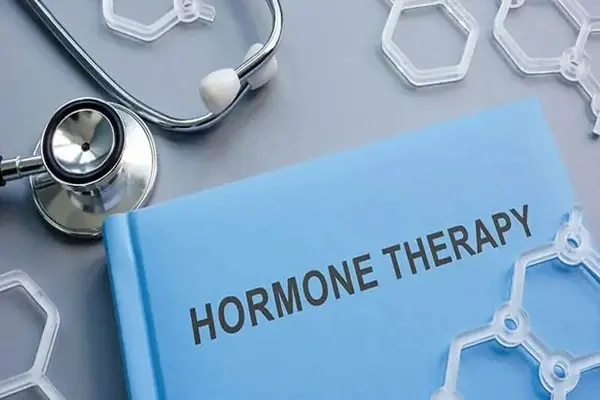
Testosterone Replacement Therapy Peptides are special compounds that researchers use to study hormone pathways. These man-made molecules copy natural hormone functions in controlled studies.
Research shows these peptides can change testosterone production through different body processes. Studies focus on compounds like HCG and Tesamorelin for their effects on hormone systems.
At Peptide Works, we supply quality research peptides worldwide for science study only. These compounds are strictly for research use, not human consumption.
Current research shows good results in understanding testosterone control through peptide interactions. Understanding their basic function reveals how these compounds create therapeutic effects.
Explore HCG Peptide from Peptide Works, a compound examined for its ability to mimic luteinizing hormone and support natural testosterone production.
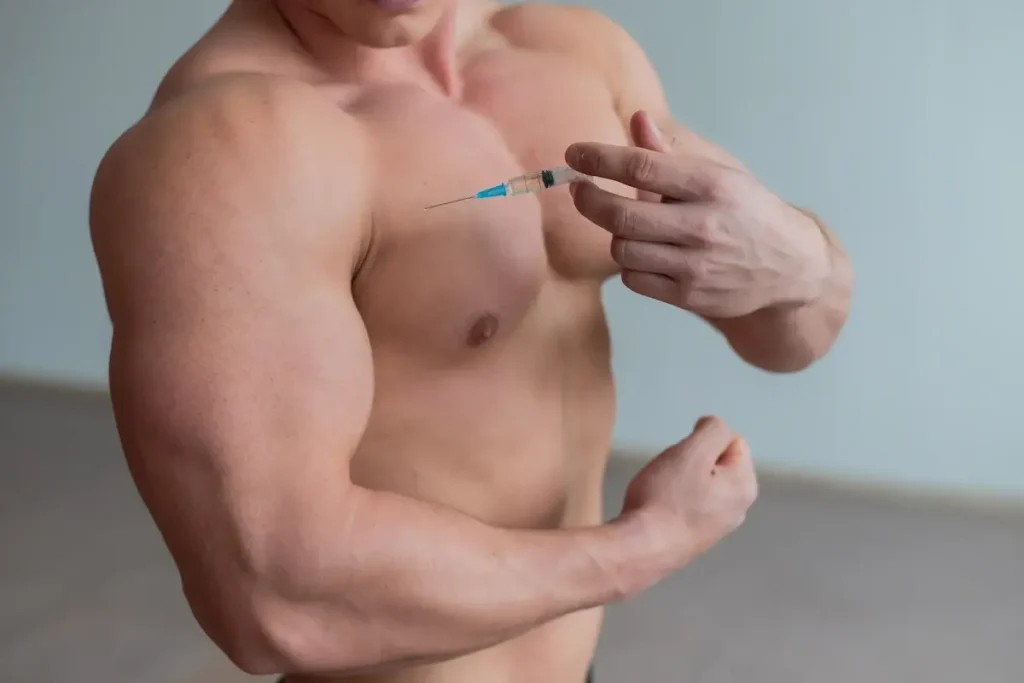
Testosterone Replacement Therapy Peptides work by binding to specific cell receptors in the body. These peptides send signals to the pituitary gland to produce more natural hormones.
They trigger the release of gonadotropin-releasing hormone (GnRH) first. This hormone then signals the brain to release luteinizing hormone (LH). LH travels to the testes and starts natural testosterone production.
Unlike direct hormone replacement, these peptides help the body produce its own testosterone. This natural process supports better hormone balance and fewer side effects.
This biological process highlights why maintaining proper hormone balance becomes crucial for optimal results.
Hormone balance keeps body systems working well together for optimal health. Testosterone Replacement Therapy Peptides help restore balance by boosting natural hormone production.
HCG mimics luteinizing hormone to trigger testosterone production in men. Tesamorelin stimulates growth hormone release, supporting metabolism and muscle growth.
These peptides help maintain hormone levels naturally without disruption. Better hormone balance leads to improved energy, muscle strength, and overall health.
Testosterone Replacement Therapy Peptides improve energy by boosting mitochondrial function in cells. These peptides enhance cellular energy production through better ATP synthesis processes.
HCG helps increase natural testosterone levels, which directly supports cellular metabolism. Tesamorelin stimulates growth hormone release, improving fat oxidation for energy use.
These peptides also enhance nutrient utilization, reducing daily fatigue levels significantly. Better hormone levels lead to improved cellular respiration and energy output.
The result is sustained energy throughout the day for research subjects. Enhanced energy naturally leads to questions about fatigue reduction and recovery benefits.

Yes, Testosterone Replacement Therapy Peptides can significantly reduce chronic fatigue and exhaustion symptoms. Research shows long-term peptide therapy reduces fatigue severity scores by nearly half.
HCG peptides support natural testosterone production, which directly addresses hormone-related tiredness. Tesamorelin stimulates growth hormone release, improving sleep quality and reducing daily fatigue.
These peptides target the root causes of exhaustion rather than just symptoms. Studies confirm patients experience less tiredness within weeks of starting treatment.
The result is sustained energy improvement and reduced chronic fatigue patterns.
Discover Tesamorelin Peptide from Peptide Works, a synthetic GHRH analog known for its role in stimulating growth hormone release and supporting metabolic function.
Testosterone Replacement Therapy Peptides change fatigue patterns by improving the body’s hormone rhythms. They enhance sleep quality, regulating sleep and wake cycles effectively.
HCG supports testosterone levels, boosting energy and alertness during daytime hours. Tesamorelin promotes growth hormone release, leading to deeper sleep and better recovery.
Better sleep reduces tiredness and supports recovery from chronic fatigue cycles. These peptides help break fatigue cycles and restore natural energy balance.
Research shows promising results in managing fatigue patterns with these therapeutic compounds.
Several key factors determine how well Testosterone Replacement Therapy Peptides work in research studies. Peptide purity and quality control are critical for consistent research results and safety.
Proper dosing protocols and timing affect how well the body responds to treatment. Individual metabolism differences mean some subjects respond better than others to peptide therapy.
HCG effectiveness depends on consistent dosing schedules and hormone level monitoring. Tesamorelin success requires proper storage and handling to maintain peptide stability.
Research shows that following protocols exactly leads to better therapeutic outcomes. These proven success factors are driving exciting developments in the future of Testosterone Replacement Therapy Peptides
The future of Testosterone Replacement Therapy Peptides shows great promise for research advancement. New peptide forms will be easier to use and more effective.
Scientists are developing better delivery methods and longer-lasting formulas. AI technology will help create personalized treatment plans for each research subject.
HCG and Tesamorelin research continues to expand with promising new findings. Better safety profiles and fewer side effects are major research goals.
Peptide Works provides high-quality research peptides to support these important scientific studies worldwide.
All products discussed are supplied for research purposes only and are not intended for human use.
[1] Betz D, Fane K. Human Chorionic Gonadotropin. [Updated 2023 Aug 14]. In: StatPearls [Internet]. Treasure Island (FL): StatPearls Publishing; 2024 Jan-.
[2] Kim SO, Ryu KH, Hwang IS, Jung SI, Oh KJ, Park K. Penile growth in response to human chorionic gonadotropin (HCG) treatment in patients with idiopathic hypogonadotrophic hypogonadism. Chonnam Med J. 2011 Apr;47(1):39-42.
[3] Saad F, Aversa A, Isidori AM, Gooren LJ. Testosterone as potential effective therapy in treatment of obesity in men with testosterone deficiency: a review. Curr Diabetes Rev. 2012 Mar;8(2):131-43.
[4] Campanella M. Peptide targeting of mitochondria elicits testosterone formation. Mol Ther. 2014 Oct;22(10):1727-9.
ALL CONTENT AND PRODUCT INFORMATION AVAILABLE ON THIS WEBSITE IS FOR EDUCATIONAL PURPOSES ONLY.
DISCLAIMER: These products are intended solely as a research chemical only. This classification allows for their use only for research development and laboratory studies. The information available on our Peptide Works website: https://peptide-works.com/ is provided for educational purposes only. These products are not for human or animal use or consumption in any manner. Handling of these products should be limited to suitably qualified professionals. They are not to be classified as a drug, food, cosmetic, or medicinal product and must not be mislabelled or used as such.
Peptide Works
Related Articles
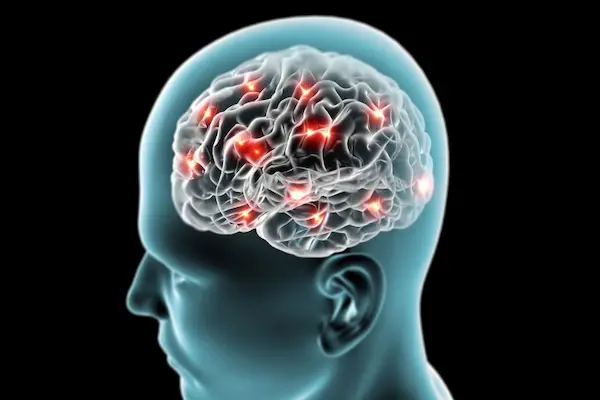
What are the Best Cognitive Peptides?
Cognitive peptides are short chains of amino acids that researchers are exploring for their potential effects on brain function. They

Achieving increased skin pigmentation without prolonged sun exposure has been demonstrated with Melanotan peptides in research. Two commonly studied options,
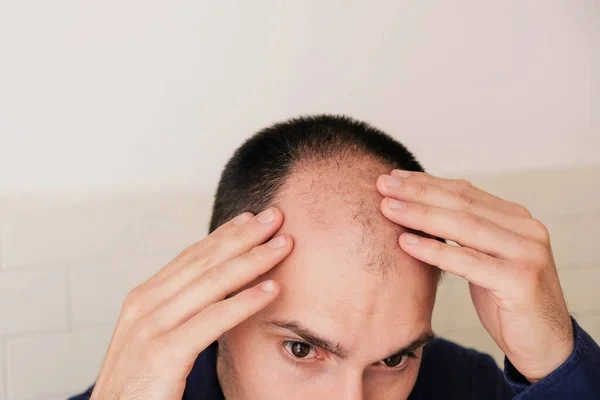
Can PTD-DBM Hair Growth Peptide Stop Balding?
Hair thinning and balding affect millions worldwide, often leading to frustration and limited options. This challenge has driven researchers to